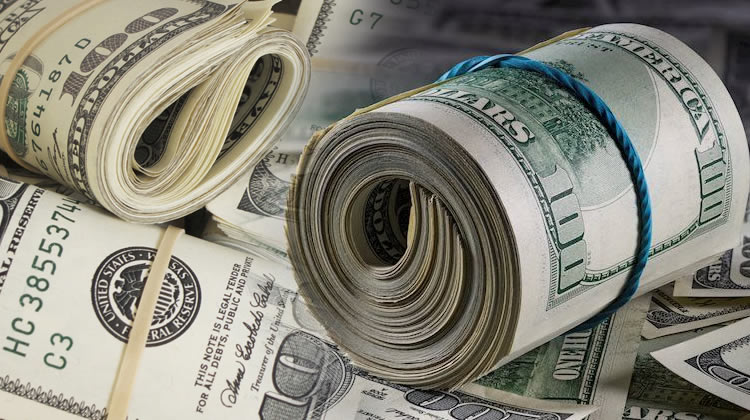Nigeria’s foreign exchange reserves are beginning to recover after four months of steady decline, thanks to government reforms and falling oil prices.
As of May 29, external reserves rose to $38.46bn from a low of $37.93bn in April, making investors optimistic. Oil prices have dropped by 16.74% this year, largely due to OPEC+ boosting production.
Brent crude slipped from $73.29 per barrel in January to $62.78 by May’s end. The Wall Street Journal even projects Brent could dip below $50 by the end of 2025, a level that could push Nigeria’s fiscal deficit to 6–7% of GDP. With crude accounting for over 90% of forex earnings, fluctuating oil prices and inconsistent production have strained reserves, which fell from $40.88bn in January to $38.47bn in May.
To address this, the Central Bank of Nigeria (CBN) under Governor Olayemi Cardoso has implemented wide-ranging reforms aimed at boosting non-oil exports and reducing import dependence. Backward integration strategies are being promoted, especially in agriculture, manufacturing, and telecoms. Cardoso urged telecom companies to localize production of components like SIM cards and towers, reducing dollar demand and improving economic resilience.
- Advertisement -
Reforms have strengthened the naira and boosted investor confidence. Forex market turnover surged 226% year-on-year, while foreign portfolio inflows rose by 72%.
Remittances from Nigerians abroad doubled from $300m to nearly $600m monthly in 2024. To encourage more inflows, the CBN launched Non-Resident Nigerian bank accounts to facilitate diaspora investments.
Nigeria’s creative industry also presents significant promise. Cardoso highlighted its potential to generate $25bn annually through global engagement and digital platforms.
Telecoms, vital to digital banking, are also growing. Active subscribers rose to 164.93 million in December 2024, led by MTN and Airtel. Analysts expect further growth driven by SIM reactivation and reforms.









